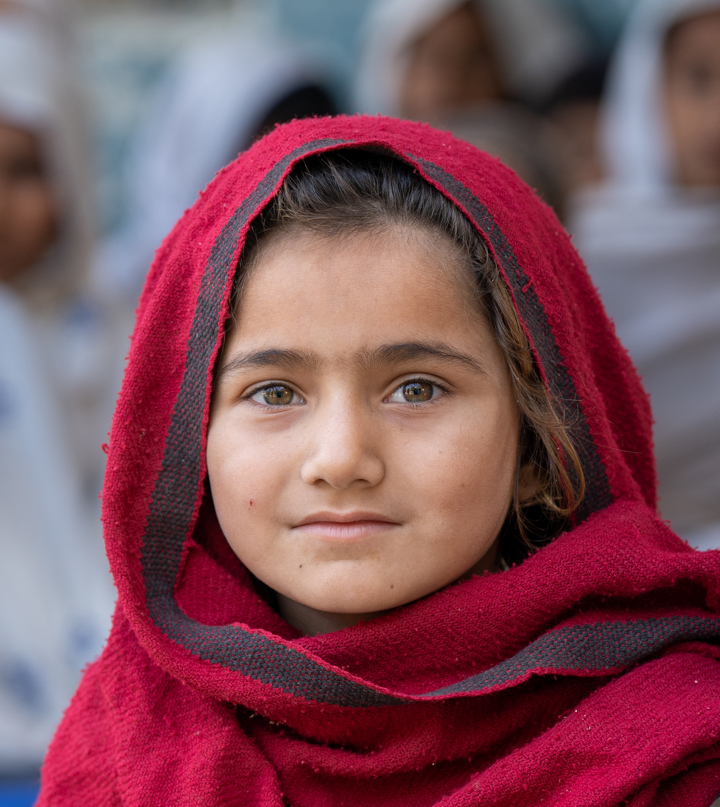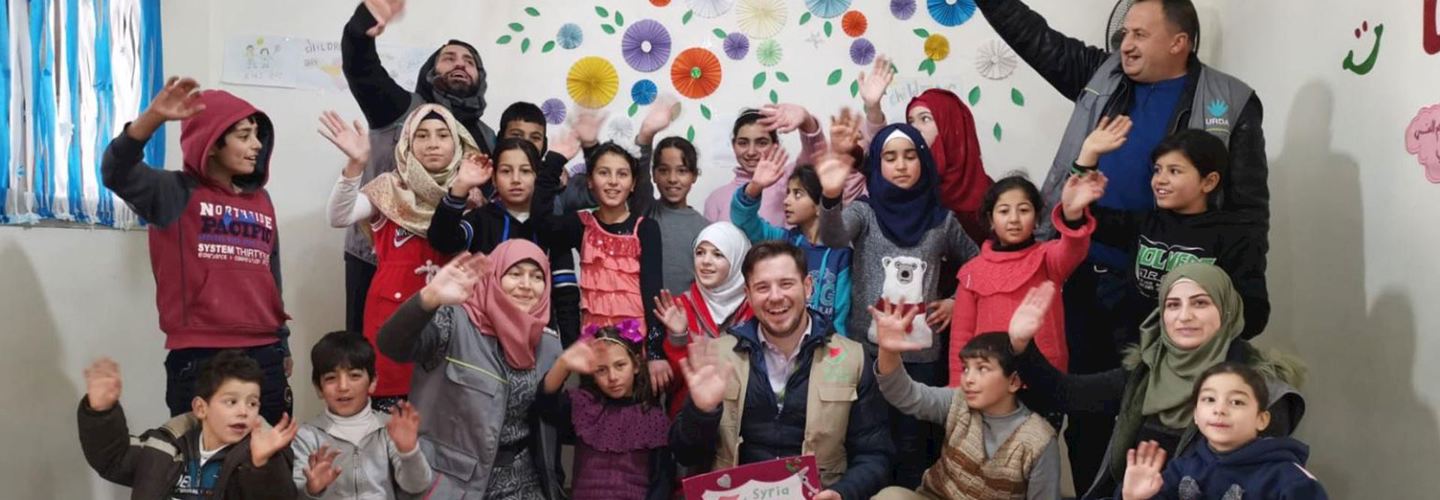Last night, I did a live Skype interview on TRT World’s Newshour at 9pm Lebanon time (7pm UK time). I panicked the studio when 2 minutes before I was about to go on air we had a power cut. “What happened? It’s too dark!”
“Don’t worry” I said “We’ll be back on in a few seconds, it’s Lebanon.” Sure enough, the power was back in a few moments.
The interview gave me an opportunity to talk about the escalating humanitarian crisis over the border in Idlib and convey the needs of the people there – shelter, food and cash. You can watch the full interview here.
After that was done, I finished some admin work from the day’s work in the camps then returned to my room and sat and contemplated the stories I had heard that day, Saffa’s story in particular really stuck with me. How someone, at just 21, can cope in that situation is beyond my comprehension.
This morning we woke up, bright and early once again, to head to Arsal, a town high up in the anti-Lebanon mountains just by the Syrian border, infamous for the harsh winter conditions. Whilst it was 2 degrees in the day, the biting fog and air made it feel much colder.
We visited the hospital in Arsal, run by our implementing partners URDA. You could not tell from the outside, but this hospital treats more refugees than any other in Lebanon. This is incredible when you remember for every 4 Lebanese nationals, there is 1 refugee in this country.
Sadly, most of the patients were children. A lot of them needed to be treated due to illnesses and conditions related to winterisation (respiratory conditions due to the mould in the tents most refugees live in is depressingly prevalent) or malnutrition. Now they have escaped conflict, poverty and winter are the biggest dangers to Syrian refugee children.
We spoke about potentially organising a deployment of British doctors and surgeons to visit this hospital to improve capacity building and treating patients. I’m looking forward to discussing this with my colleague Dr Shameela when I get back to the UK.
After that we went to a Psychosocial Support (PSS) centre for refugee children suffering from trauma due to their experiences of the Syrian conflict. The work that the URDA’s Basamat team do here is incredible. I asked Alaa, who runs the programme, how many refugee children need PSS. “All of them” she says bluntly “no child is equipped to cope with the trauma living through a conflict and then living in a refugee camp can bring.”
Every parent working in this sector does the same thing when meeting vulnerable children – they see their own kids in them. It is hard not to be overcome with emotion when this happens. You would never want your babies to have to experience what they have. But someone’s babies are experiencing it today. In Idlib now, children are getting killed attending school. Children are finding out that their mother or father has been killed. Children are experiencing something which will traumatise them for life, in Idlib, as we speak.
After that we spent some time working in the camps of Arsal. I do not think I will ever forget meeting Abu Jamal, a 60-year-old man who now has a big black hole in his face, where his left eye used to be. He escaped his home is Damascus to Beirut once, but then developed an aggressive form of skin cancer in his face. Due to him being a refugee, he could not afford the treatment, so he had to pay human traffickers to smuggle him back into Syria where he could receive treatment. They were unable to save his eye. However, Syria was still too unsafe for him so he had to become a refugee for the second time. Abu Jamal needs medical treatment, he doesn’t know if his cancer is still in remission, but there is no way he can afford this. His deteriorating health means he is unable to walk.
Our work in Lebanon is happening within the context of growing protests and political unrest in the country. However, the Syrian refugees are far from sheltered from the symptoms which have driven the tensions. Inflation and unemployment is spiralling throughout the country and Arsalwas already one of Lebanon’s poorest towns. The economic situation is causing growing tensions between refugees and host communities. There are Lebanese people just as desperate for work, as the cost of living skyrockets, and many are beginning to resent the Syrian refugees who can do the same job for less.
You can’t help but feel guilty when you leave the camp at the end of a long day, because you can leave. On Sunday, I will go back to my home and to my family. I am so lucky, in Arsal they cannot leave, they have no home, some even have no family.
Last night my biggest worry was if a power cut would hinder a TV interview, tonight the refugees in Arsal worry about if they will see tomorrow. The situation here is completely hopeless.



